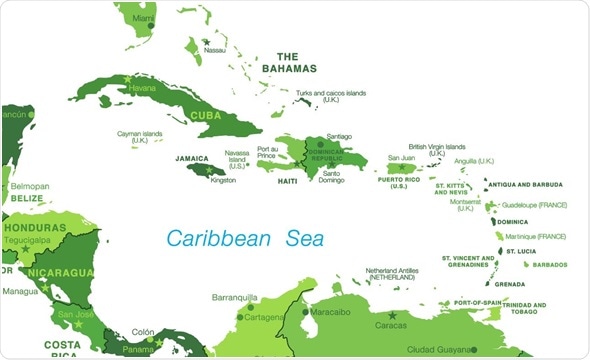Launching 1st March 2023. Also check out: https://www.thailandmedical.news/
Traveling is fun, but being exposed to communicable diseases is not so good. In addition to your personal risk of falling sick and missing out on enjoyable travel, you may bring back the infection to unvaccinated people in your own country and in your own family.

Ways to ensure safe travel include:
Vaccines that are expected to be taken by all travelers include:
The MMR vaccine
The MMR vaccine protects travelers against catching mumps, measles, and rubella infections. If all travelers were vaccinated appropriately, this would prevent a huge proportion of infections from being brought back into the host country to affect other unvaccinated people.
Proper precautions include:
Other childhood vaccines
These are expected to have been routinely taken in childhood, and include:
Tourists and travelers in the Caribbean may also be advised to have:
Hepatitis A
To protect against jaundice transmitted through contaminated food or water, and taken as 2 doses 6 months apart.
Typhoid vaccine
This is to protect against the transmission of typhoid germs through food or water, either as oral vaccine or in the injectable form. Its efficacy ranges from only 50-80%, so that you should take care not to expose yourself to unhealthy or contaminated food.
Hepatitis B
It is recommended in the following cases:
Three doses are required, at 0, 1, and 6 months from the date of the first vaccination. An accelerated schedule is also possible in some cases. It is more than 90% effective. Most children in developed countries receive this vaccine in infancy.
Rabies
Rabies if you may be in contact with bats, which carry the virus in the Caribbean:
Three doses are required for pre-exposure prophylaxis, at 0, 7, and 21 (or 28) days from the first dose.
Yellow fever
This vaccine is required for your safety in many Caribbean countries. Many Caribbean governments ask for proof of this vaccination if you come from a country with exposure to yellow fever.
Cholera
Cholera vaccine may be recommended for people who are likely to work in humanitarian aid centers or those who may be traveling or staying in remote areas. It is given as two doses one to six weeks apart, but children require a third dose after the same interval.
Traveling to the affected area should be planned at least a week after the last dose. Revaccination may be required, or at least a booster, if a vaccinated individual plans to visit an affected or high-risk area.